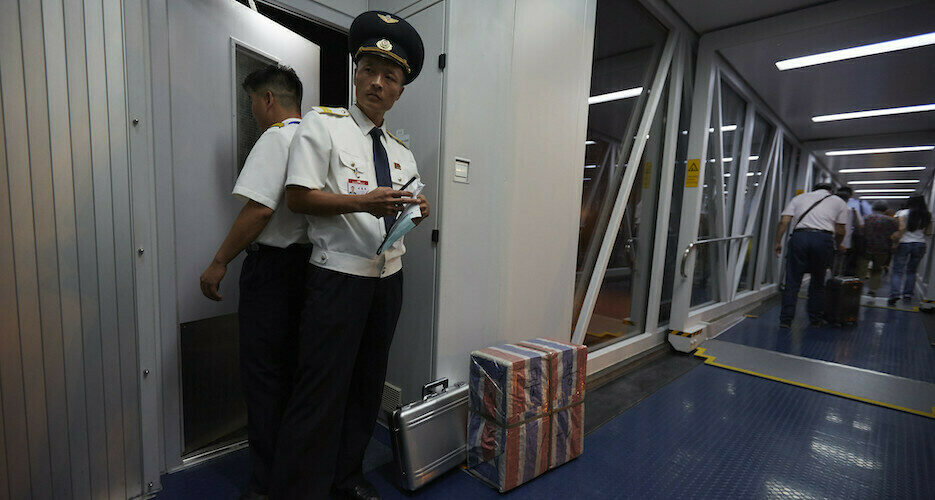About the Author
Oliver Hotham
Oliver Hotham was an NK News contributor based in Seoul, South Korea. Follow him on Twitter.

Get behind the headlines
|
Border Controls N. Korea drastically restricts travel to China in bid to stem coronavirus spreadLocal embassies informed that they are "completely forbidden" from going to China, NK News has learned  North Korea has drastically restricted travel to China from its territory in a bid to stem the spread of a new strand of the deadly coronavirus, multiple sources said Thursday, in an expansion of a previously-imposed ban on tourism into the country that will now impact NGOs, international organizations, and diplomats. A note verbale distributed to personnel in the North Korean capital obtained by NK News informed them they would not be permitted to leave the country via China for the time being. A semi-regular route to Vladivostok is believed to still be operational. © Korea Risk Group. All rights reserved. |